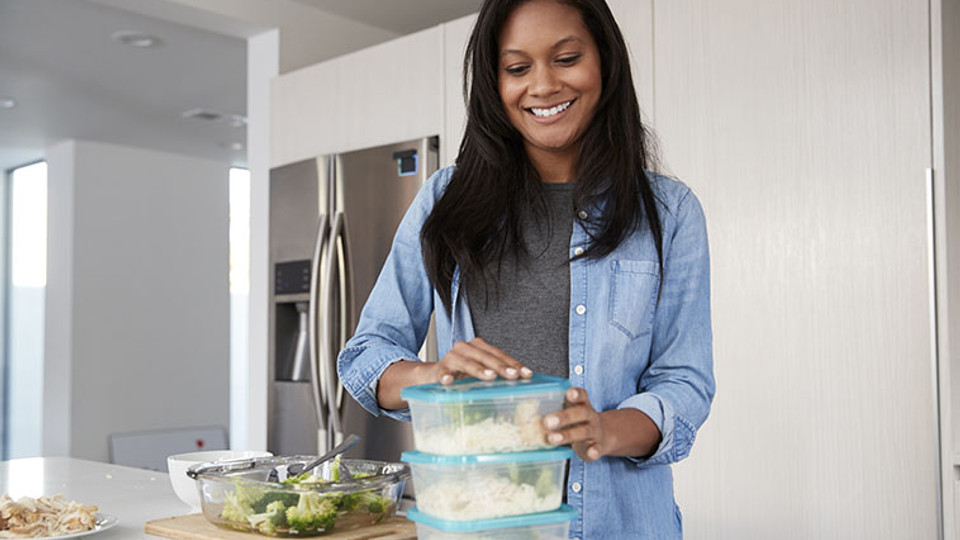
One of the most common issues facing bodybuilders, gym goers and athletes is how much they should be eating. People worry about it- with good reason: caloric and protein intake will play a large role in allowing your body to adapt to a training stimulus.
I typically eat around 3,000-3,5000 calories per day. Of these, around 200 grams- or 800 calories- are in the form of protein.
Now, anybody eyeing up the steak at their local butcher will tell you that that can be a very expensive lifestyle. 200 grams of good quality steak will really put a hole in your pocket.
I’m here to tell you this isn’t the case- or, at least, it needn’t be. If you do it right, high calorie, high protein diets can be very affordable whilst retaining the level of nutritious value you want.
Today, I’ll show you how to put together an athlete’s diet on a mere $200 per month (or less, if you get really good.)
Protein sources on a budget
Everything on this list will give you at least 30g of protein for under a dollar- $5 of the chicken leg will give you 300g, far more than your daily need, as will $5 of peanut butter. Typically, men will need about 6 servings per day, whilst women will need more like 4.
I’ve put them in price order, starting with the most expensive:
- Tuna
- Cottage cheese
- Whole milk
- Black beans
- Eggs
- Baked beans
- Peanut butter
These are all easy foods to incorporate into your daily eating choices, and all will allow you to stay on budget whilst taking in the quantities of protein you need.
However, protein isn’t the whole picture: you also need good quality carbs and fats for a healthy, balanced diet that will fuel will your workouts and keep your recovery in check.
Budget carbs
This is where it gets really cheap. Part of the job of carbs is to fill you up for very little, and this is what we’ll do with this list: everything on here will come in a less than 10p per 100 calories of carbs. My carb intake is about 1,200 per day (I’m a bit less precise with carbs than with protein) meaning that I can spend less than a dollar per day on them.
Again, these are ordered with the most expensive first:
- Egg pasta
- Ramen noodles
- Regular pasta
- Potatoes
- Oats
- Rice
Your daily fat
Here, I take in about 900-1,000 calories per day from fat, meaning that I eat a little over 100 grams. Butter and oil variants will be quite cheap, whilst nuts like almonds and walnuts can get pretty expensive (around 50c. per 100 calories.) I would suggest mixing it up, taking a little from the pricey end and a lot from the cheap end. I can generally get away with spending the equivalent of about two dollars per day on fats (a little more if I treat myself to a bag of nuts.)
My list for the best budget fats, starting with the most expensive, is:
- Walnuts
- Almonds
- Cream
- Mixed seeds
- Peanuts
- Butter
- Olive oil
- Buttery spread (margarine, buttermilk derivatives etc.)
The rest
Once you have a fairly balanced, well organised and low budget shopping list together to balance the main components of your macronutrient load (everything above) you need veggies and supplements. Remembering three things will keep your costs down:
- It’s best to go with frozen veg if you’re on a budget, as you can bulk buy and none will go to waste.
- Other than this, buy seasonal produce, as it’s generally cheaper, and avoid expensive produce like avocadoes.
For supplements, buy a generic, store brand multi-vit pack. You should be able to get a month’s worth for a dollar or two.



